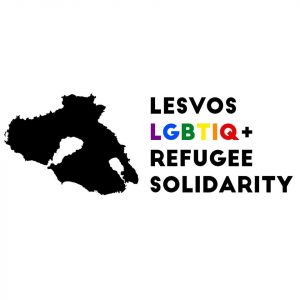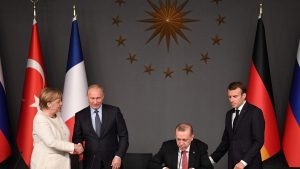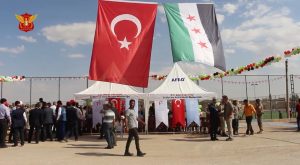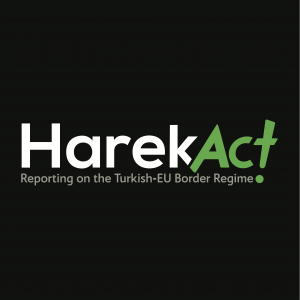Last weekend, a summit titled “Migration, Refugees and Humanity” took place in Kartepe, Turkey, bringing together state figures from Turkey and other countries, as well as INGOs and academicians. The gathering served to spread diplomatic messages on how the Turkish state is managing the so-called refugee crises, including the increasing efforts on refugee-returns, and the ever-existing expectancy of closer collaboration and financial support from the EU. The only cover in English we could find on the event is through the state-allied Daily Sabah, therefore it does not present a critical perspective on the content, but still is interesting to see a snapshot on key persons’ interactions.
” [Foreign Minister Çavuşoğlu] said that in order to continue to do the best it can, Turkey must evaluate the successes and failures of its refugee integration policies, alluding to the fact that just as in Europe, many Turks are fearful of terror and the flooding of the job market by refugees. He said that in order to fix terror at home, one must deal with terror abroad first.”



![Refugee camps flooded, six dead as heavy rains hit Lebanon, Turkey [Twitter]](https://i1.wp.com/www.middleeastmonitor.com/wp-content/uploads/2018/10/2018_10-26-Refugee-camps-flooded-six-dead-as-heavy-rains-hit-Lebanon-Turkey-8.jpg?resize=1200%2C800&quality=75&strip=all&ssl=1)

